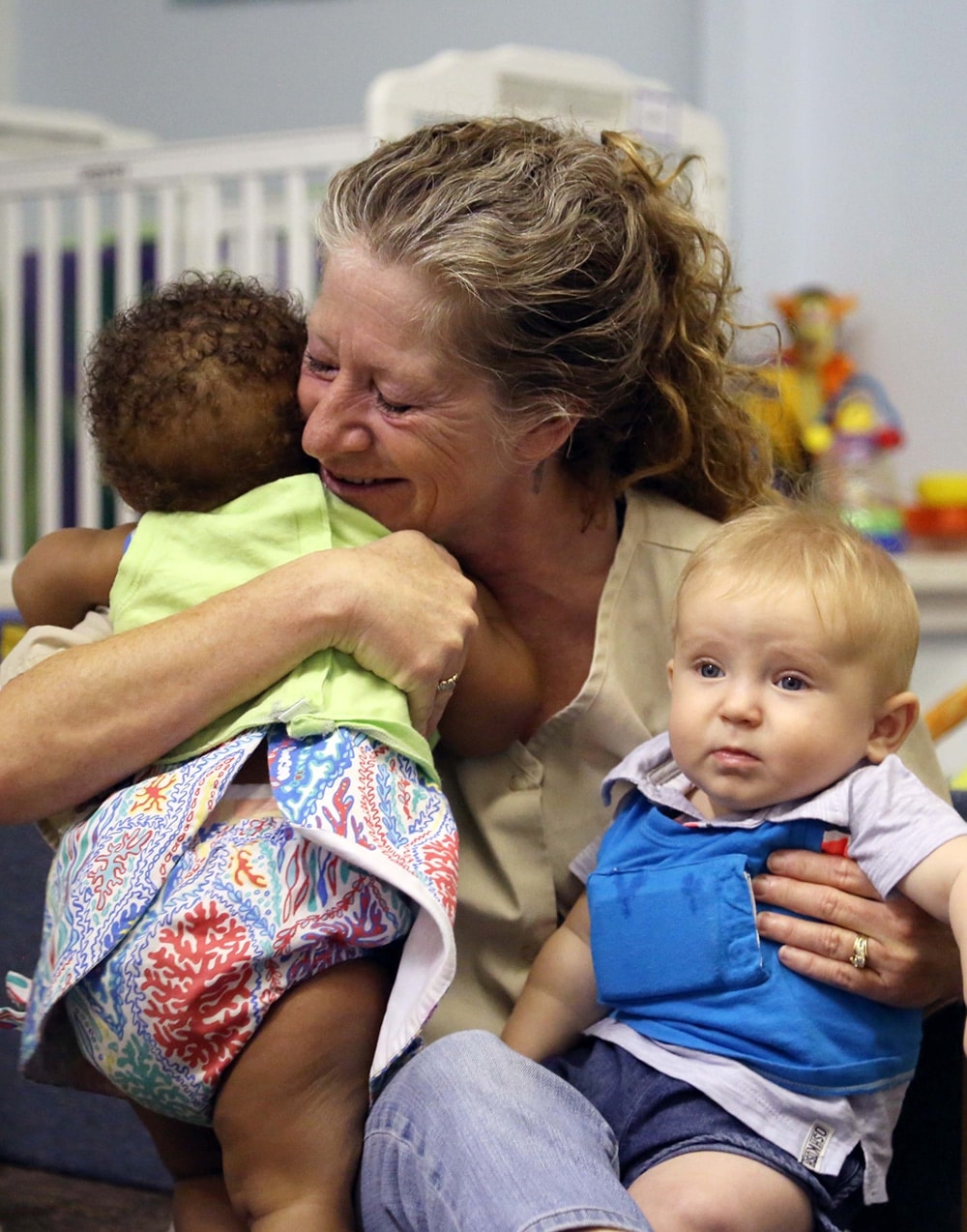Duration: 58 minutes
Status: Now available on demand
As the early childhood education field continues to rebound from the disruptions of the COVID-19 pandemic, a quieter but equally pressing challenge has re-emerged: the return of in-classroom QRIS assessments. Whether using tools like CLASS, ITERS, ECERS, FCCERS, or state-specific frameworks, early educators must now prepare for observations while managing workforce stress and shifting program demands.
In this recorded webinar, representatives from the Alamance Partnership for Children (North Carolina) share how they’re equipping centers and family child care providers with tools, coaching, and confidence to navigate this new phase. Learn how LENA Grow supports their efforts in turning assessments into opportunities for self-reflection and professional growth.
You’ll hear strategies on:
- Building confidence among educators ahead of assessments
- Highlighting quality adult-child interactions as a strength, not a stressor
- Reframing assessments as opportunities for growth and collaboration
- Integrating LENA Grow into QRIS preparation and continuous quality improvement
Panelists:

- Representatives from Alamance Partnership for Children
(Panelist names not provided in source; can be added if available)
